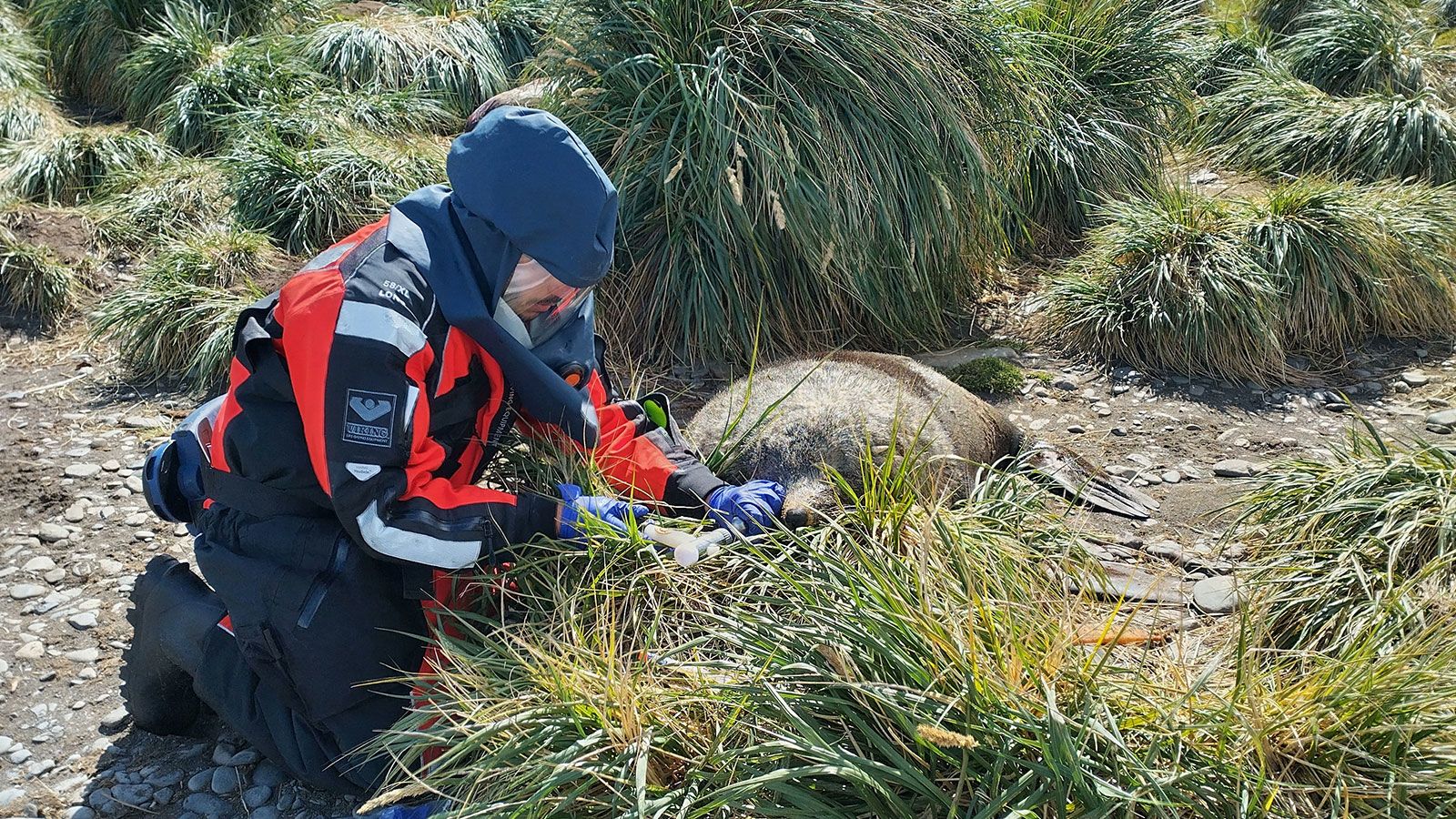Cases of psittacosis, commonly known as ‘parrot fever’, are increasing in several countries, but health experts emphasize there is no need for alarm.
According to a statement from the World Health Organization (WHO) released on March 5th, psittacosis cases are on the rise in Europe, where the disease has recently led to five fatalities.
Psittacosis is caused by Chlamydia psittaci, a bacterium found in various bird species, and humans can contract it through contact with infected birds.
It’s important to note that this bacterium differs from the one responsible for sexually transmitted chlamydia infections.
Health authorities in Austria, Denmark, Germany, Sweden, and The Netherlands have reported higher-than-usual case numbers in 2023 and early 2024, as highlighted in the WHO statement.
Additionally, outbreaks have been noted in poultry processing plants in the United States, although the CDC reports fewer than 10 cases annually since 2010.
Psittacosis typically manifests after exposure to parrots, parakeets, or mynah birds, explained Patrick McHugh, an emergency medicine physician specializing in wilderness medicine at Cleveland Clinic Akron General.
While uncommon, instances of psittacosis spreading between humans have been documented in recent years.
“People usually contract psittacosis by inhaling dried bird feces or secretions,” stated Zygmunt F. Dembek, an associate professor specializing in military and emergency medicine at the Uniformed Services University of the Health Sciences.
This occurs when dried secretions produce bacteria-laden dust, which can be inhaled during cleaning of bird cages or in bird parks.
Certain groups are more vulnerable to psittacosis due to frequent exposure, including poultry farm workers, veterinarians, bird owners, and pet store employees.

For those who do not regularly interact with live birds, the risk of contracting the disease remains minimal.
Despite the recent uptick in cases across Europe, experts reassure the public that there is no evidence suggesting psittacosis can be transmitted through the preparation or consumption of cooked poultry.
Therefore, travelers to affected European countries need not alter their plans or become unduly anxious.
However, Thaina Landim De Barros, an animal welfare scientist at Four Paws International, stresses the importance of directing resources towards research into psittacosis transmission and prevention strategies.
She advocates for a holistic approach addressing the interconnectedness of humans, animals, and the environment in disease spread.
To minimize the risk of psittacosis and similar illnesses, Gretel Tovar-Lopez, an assistant professor specializing in exotic pet, wildlife, and zoological medicine at Kansas State University, advises avoiding areas where wild birds congregate and practicing frequent handwashing after bird contact.
Symptoms of psittacosis include fever, chills, cough, headache, and muscle aches, typically appearing within five to 14 days post-exposure.
Although generally mild, the disease can lead to complications such as pneumonia in some cases. Treatment involves antibiotics like doxycycline, which are effective when promptly administered upon symptom onset.
While psittacosis poses a higher risk of severe illness for immunocompromised individuals, the elderly, and pregnant women due to potential complications, fatalities are rare, occurring in less than one percent of cases.
While vigilance and caution are advised, the recent increase in psittacosis cases should be viewed with measured concern rather than alarm, with proactive healthcare and preventive measures being the recommended approach.
